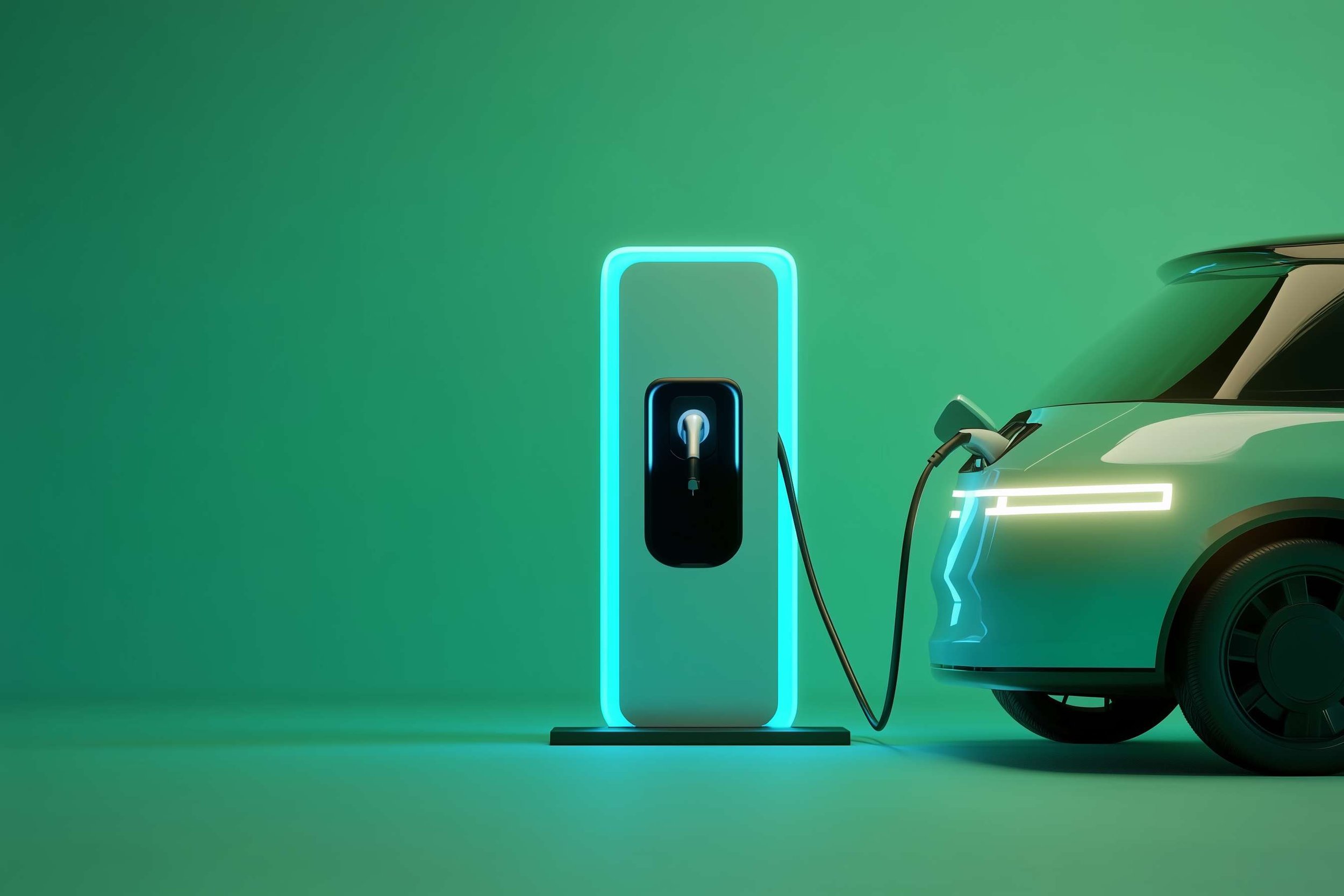
How Much Does It Cost to Run an Electric Car?
Explore the costs of running an electric vehicle. Learn about charging expenses, maintenance savings, insurance considerations and upcoming tax changes.
You've taken the plunge into the electric vehicle (EV) world, leaving behind the petrol pumps and embracing the silent hum of battery-powered bliss. But as you glide past your former fuelling stations, a question buzzes in your mind: "How much is this electric escapade really costing me?" Fear not, for we're about to electrify your understanding of EV expenses, from charging costs to maintenance savings and even a peek into the taxman's future plans.
Charging Costs: Watts It Going to Be?
Charging your EV is like feeding a pet hamster—it's relatively cheap, but the costs can add up if you're not paying attention. Let's break it down:
Home Charging: The Night Owl Special
Charging at home is often the most economical option. Many energy providers offer overnight tariffs under 10p per kilowatt-hour (kWh) as of 2025. For instance, with an 8p/kWh tariff, a full charge might cost just a few pounds.
Public Charging: The On-the-Go Gourmet
Public charging stations are like the gourmet restaurants of the EV world—convenient but pricier. Costs vary depending on the provider and charging speed. Rapid chargers may demand a premium, while standard points are more budget-friendly. It's wise to check the fees before plugging in to avoid any shocking bills.
Maintenance: Less Grease, More Green
One of the joys of EV ownership is saying goodbye to many traditional maintenance woes. Here's how EVs keep your wallet happy:
Fewer Moving Parts: Without engines, exhaust systems, or gearboxes, there's less to break down.
Brake Wear Reduction: Regenerative braking extends the life of your brake pads.
Routine Checks: You'll still need to monitor tire health and top up windshield washer fluid, but these are minor compared to the oil changes and belt replacements of yesteryear.
On average, servicing an electric car costs £165, while a petrol car requires around £205, representing a 24% higher servicing cost for petrol vehicles.
Insurance: The Premium Puzzle
Insuring an EV can be a mixed bag. While electric cars have fewer mechanical issues, their advanced technology and battery systems can make repairs more expensive, potentially leading to higher premiums. However, as EVs become more mainstream, insurance costs are expected to stabilize. It's essential to shop around and consider insurers specializing in electric vehicles for the best rates.
Taxes and Incentives: The Road Ahead
As of April 2025, the UK government will remove the Vehicle Excise Duty (VED) exemption for electric vehicles. This means EV owners will start paying road tax, with rates aligning more closely with those of traditional vehicles. While this introduces an additional expense, it's part of the broader strategy to integrate EVs into the standard taxation framework as they become more prevalent on the roads.
Conclusion: Charging Forward
While the initial purchase price of an electric car may be higher, the total cost of ownership over time often makes electric cars cheaper to run than their petrol counterparts. Lower fueling and maintenance costs contribute to these savings, making EVs an attractive option for the budget-conscious and environmentally aware driver.
So, as you silently cruise past petrol stations with a smug grin, rest assured that your electric adventure is not only kinder to the planet but also to your pocket. Keep an eye on charging habits, stay informed about upcoming tax changes, and enjoy the smooth, quiet ride into the future.
